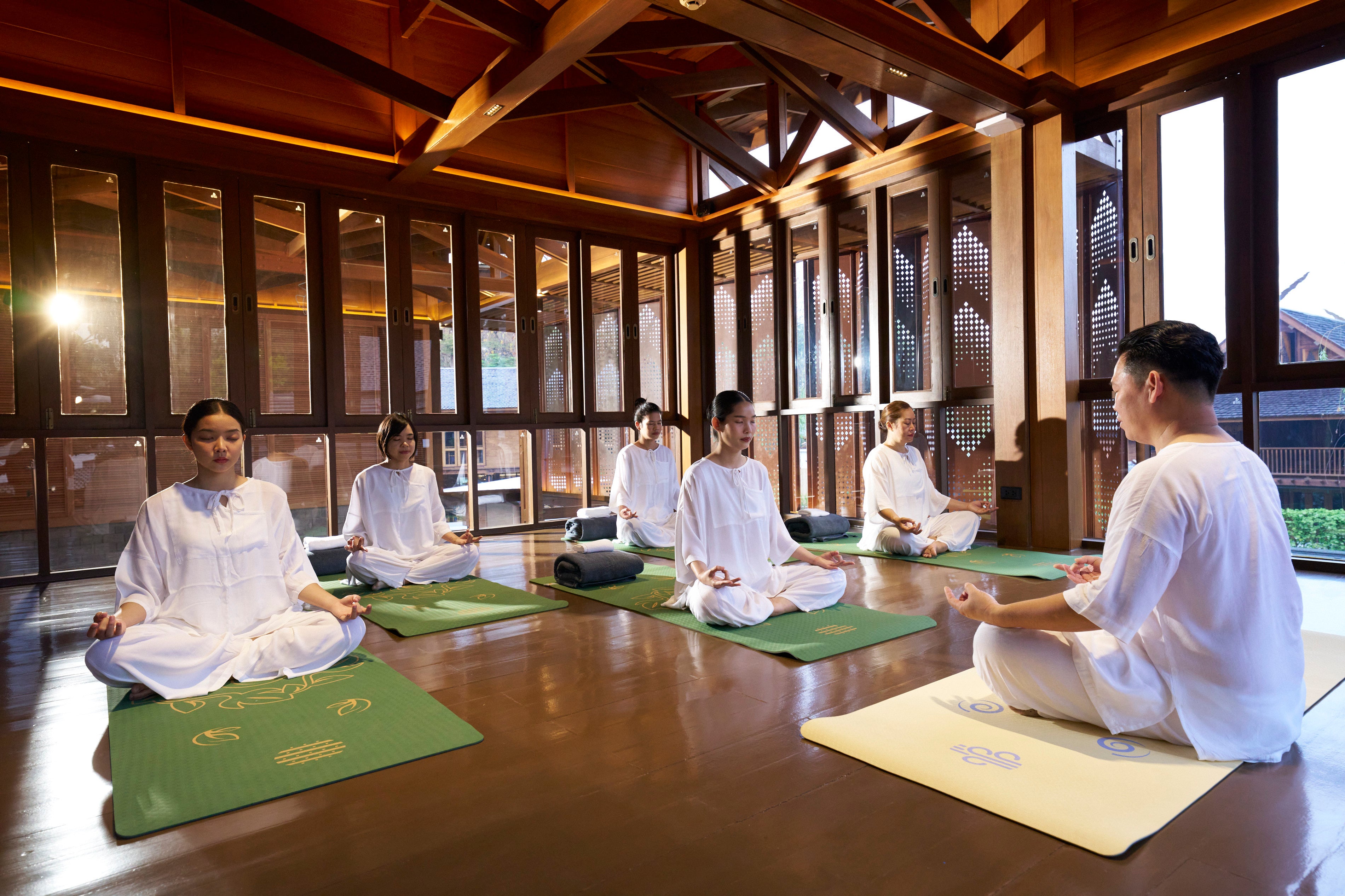A week in silence may sound like a dream to anyone drained by the constant stimulation of modern life. But the reality of a silent retreat can be far from what you might imagine.
Beyond the immediate peace, you’re left without distraction – without any escape. As you sit in meditation day in, day out, thoughts and feelings (physical and emotional) that might normally go unnoticed or even be pushed aside are suddenly given a chance to bubble up to the surface.
With nowhere to run, you’ve got no choice but to face them head-on. A challenge that might terrify many – but could ultimately be a benefit. Plenty of people find this particular form of sensory deprivation offers a transformative experience that moves them so much they go back for more.
“Engaging in prolonged periods of silence has been one of my most profound experiences” says Dr Aimon Kopera, a trailblazing authority in exploratory medicine and author of The Exploratory Mind: Rewiring Sentience.
“Silent meditation allows the body and mind to rest and reset, fostering a deeper connection to ourselves and enhancing self-awareness and insight. It’s a restorative process that’s not just about quieting external noise, but also about silencing internal chatter. This leads to a state of mental clarity and physical healing that can be deeply rejuvenating.”
Read more on wellness travel:
But this is by no means your average getaway. It can be tough. After all, when was the last time you sat in an extended period of total silence, if ever? They are suitable for most people, though, with the caveat of individuals with psychiatric problems or physical pain that would prevent them from being able to stay seated all day.
In the case of the world-renowned Dhamma Retreat, held in Herefordshire in the UK but found in centres all over the world, you’ll need to be prepared to sit in Vipassana – one of India’s most ancient techniques of meditation – from 4am until 9pm each day.
Other than aches and pains, this can present unique challenges, including the phenomenon known as “monkey mind” where thoughts incessantly jump from one to another, explains Kopera.

“Sometimes this leads to the resurfacing of emotional upheaval, but when managed properly this can be a healing process. I’ve even observed patients with…
Click Here to Read the Full Original Article at The Independent Travel…
